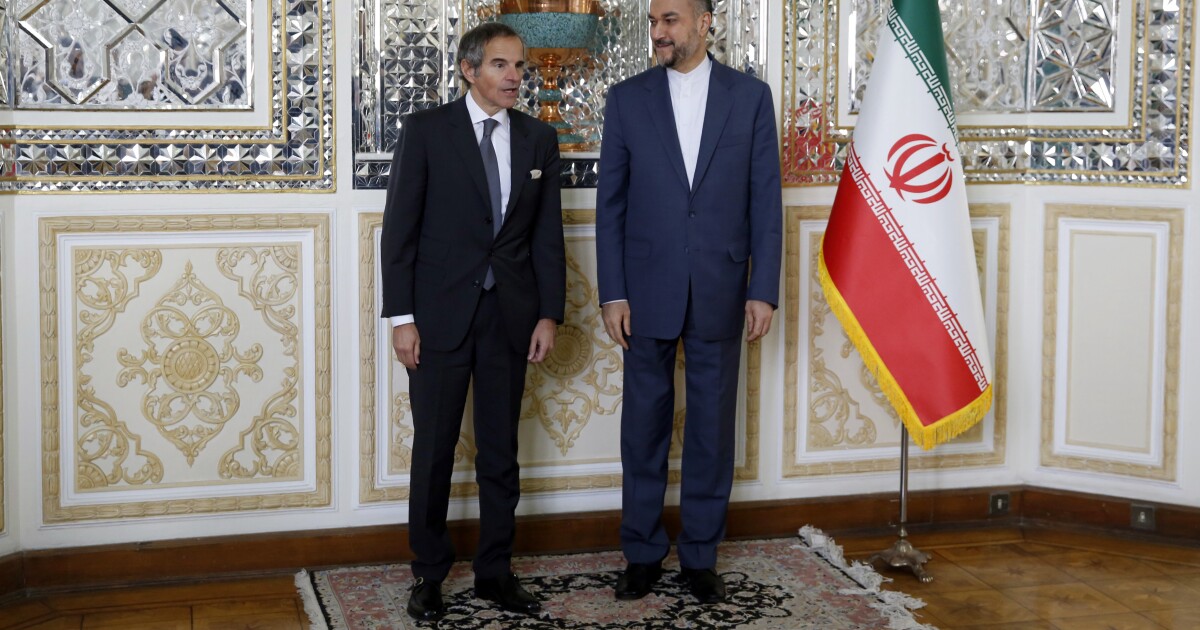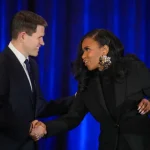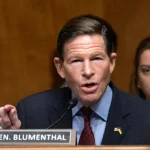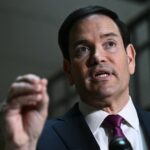

Iran has offered pledges that could “pave the way” for the renewal of the 2015 Iran nuclear deal, according to the top United Nations nuclear watchdog, despite ambiguity about how Tehran will fulfill those hopes.
“These high-level meetings addressed the importance of taking steps to facilitate enhanced cooperation, to expedite as appropriate the resolution of outstanding safeguards issues,” International Atomic Energy Agency Director General Rafael Grossi said Monday. “Both sides recognize that such positive engagements can pave the way for wider agreements among state parties.”
PUTIN AND IRANIAN LEADER RAISI DISCUSS ‘JOINT INFRASTRUCTURE PROJECTS’
The renewed “spirit of collaboration,” as a joint statement from Iran and Grossi put it following a series of weekend meetings, offers Grossi the hope of insight into the current status of the Iranian nuclear program, nine months after Tehran removed surveillance cameras from multiple nuclear facilities. Yet Grossi bristled at requests for details about the Iranian commitments, even as he touted the “high-level assurances” provided by the regime.
“Why don’t you let us do our job? You know, unless you want to join us as an inspector — which could be interesting, who knows? We know how to do these things,” Grossi said in a press conference after his appearance before the IAEA Board of Governors. “What the agency does is that, at certain moments in the process, we come up with evaluations. And — as we have done — [if] we are not getting anything or we are not going anywhere with this process, then we report it … we complain, if you want.”
Iran’s simmering progress toward nuclear weapons capabilities bubbled to international attention last week. The Defense Department’s third-highest ranking official told Congress that Iran could “produce one bomb’s worth of fissile material … [in] about twelve days.” IAEA officials also reported the detection of uranium enriched to 83.7%, a level that puts them “within inches of having the bomb,” as a senior House Republican said during a congressional hearing following a leaked watchdog report.
The IAEA’s finding raised the likelihood that world powers would rebuke the regime at their board meeting this week. The United Kingdom, France, and Germany reportedly favored “a public censure,” according to the Wall Street Journal, while the United States was more skeptical of the move. Grossi flew to Tehran for meetings with Iranian President Ebrahim Raisi and Iranian Foreign Minister Hossein Amir-Abdollahian, as well as the Iranian nuclear agency head, and returned with word of an agreement “to proceed with further monitoring and verification measures” that he has sought for months.
“Achieving this will be very important because it would allow the agency to begin to establish a new baseline necessary in the event of a resumption of Iran’s implementation of its nuclear-related commitments under the JCPOA,” he told the board on Monday, using the acronym for the nuclear deal.
Iranian officials and Grossi gave contradictory accounts of their meetings. The IAEA chief announced that Iran agreed to finally cooperate with a U.N. watchdog investigation “pertaining to the three undeclared locations in which the Agency found traces of uranium particles of anthropogenic origin,” according to the IAEA — a controversy that has festered for years, despite Grossi’s persistent efforts. Iranian officials denied making such a commitment, although Grossi brushed off the denial as a rhetorical sop to “political contexts” in Tehran.
“I think we are at the beginning of a new phase,” the director general said. “We seem to be moving into more firm ground, and that certain things are going to be done, but of course, we work with caution, and point by point, issue by issue.”
Much will hang on “follow-up technical discussions” between Iran and the IAEA. Grossi told reporters on Sunday that Iranian officials promised to restore all of the equipment and surveillance capabilities removed last year. He put additional emphasis Monday on the need to negotiate the details of that restoration.
CLICK HERE TO READ MORE FROM THE WASHINGTON EXAMINER
“We were never expecting the process or these monitoring capacities to be interrupted in the way they were,” he said. “So we will have to discuss about this — how do we do it? We have our ideas, and this will be part of the technical discussions that are going to be undertaken as a follow-up to my visit and [the joint] statement.”
Those technical talks leave room for future frustration. “I believe that there is a good opportunity — I cannot guarantee, of course,” he said. “When people say these were [mere] promises, well first [these are] not promises. We do have certain agreements, which are concrete. And, at the same time, I need to do my job and never give up and continue and continue … I think this was a step in the right direction. Let’s put it like that.”







